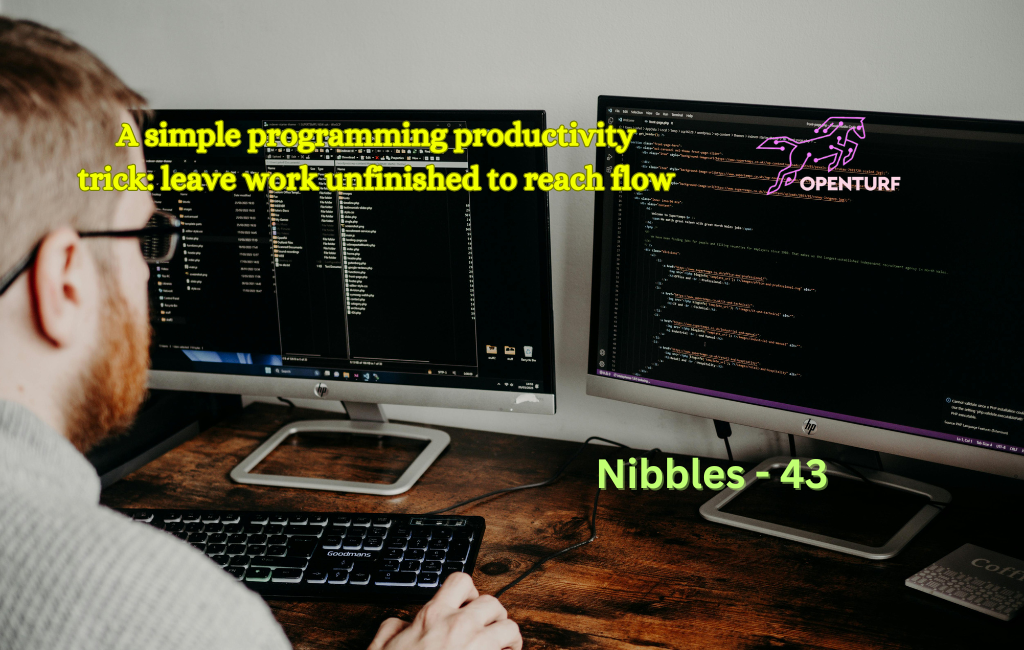The article from Engineer’s Codex shares four productivity tips for software engineers: leaving tasks slightly unfinished to regain flow easily, mastering keyboard shortcuts, organizing frequently used commands and links in a searchable document, and learning to say “no” to low-impact or redundant tasks. Each tip emphasizes efficiency, focus, and simplifying workflows to improve daily productivity.
For more details, check the full article here
What is the point of crypto?
The Vox article argues that cryptocurrency, despite years of hype, remains largely a “solution in search of a problem.” While crypto advocates promote blockchain technologies like Bitcoin, Ethereum, NFTs, and DeFi (decentralized finance) as revolutionary, practical applications that genuinely improve upon existing systems are still sparse. The volatility of cryptocurrencies, regulatory challenges, and speculative investments dominate the space, with few real-world use cases that fulfill pressing needs or solve problems traditional financial systems haven’t already addressed. This raises questions about whether crypto offers substantial value or if its potential is overestimated.
Check out the full article here
Boosting Your Productivity With AI: Using AI for Coding
The article on Clearer Thinking discusses how AI code generation tools like GitHub Copilot and OpenAI’s Codex can enhance productivity in coding. These tools help automate repetitive tasks, generate boilerplate code, and assist with debugging, allowing developers to focus on more complex problem-solving. By reducing manual coding effort and suggesting code snippets based on context, these AI-powered tools can improve workflow efficiency, especially for routine tasks, accelerating the coding process significantly. For more, you can check the full article here
How to Avoid Strategy Myopia
The article from Harvard Business Review warns against “strategy myopia,” where companies focus too narrowly on refining existing processes for efficiency and predictability at the cost of adapting to future opportunities. It suggests that focusing solely on current plans can lead organizations to miss larger strategic shifts, as seen historically with missed opportunities by companies like Yahoo and Western Union. Key strategies to avoid this include:
- Refuse False Proxies: Recognize that effective strategies often begin inefficiently, as they may initially fail traditional metrics.
- Choose Customers, Choose Future: Instead of clinging to current products, empathize with evolving customer needs, which provides strategic foresight.
- Choose Your Team: Limit involvement from those deeply invested in old strategies; focus on small, adaptable teams skilled in empathy, creativity, and execution.
- Solve Big Problems with Small Solutions: Start with viable solutions, even if imperfect, targeting niche markets initially to enable organic growth.
- Focus on Questions, Not Just Answers: Engage with intriguing questions that reveal underlying system shifts and offer avenues for innovation.
The article emphasizes prioritizing strategy over immediate tasks, as rushing in the wrong direction negates the value of execution. Strategic development should be continual and flexible, embracing change and possibility.
Read the full article here
Fun Stuff
Our usual fun stuff
The article from Engineer’s Codex shares four productivity tips for software engineers: leaving tasks slightly unfinished to regain flow easily, mastering keyboard shortcuts, organizing frequently used commands and links in a searchable document, and learning to say “no” to low-impact or redundant tasks. Each tip emphasizes efficiency, focus, and simplifying workflows to improve daily productivity.
For more details, check the full article here
What is the point of crypto?
The Vox article argues that cryptocurrency, despite years of hype, remains largely a “solution in search of a problem.” While crypto advocates promote blockchain technologies like Bitcoin, Ethereum, NFTs, and DeFi (decentralized finance) as revolutionary, practical applications that genuinely improve upon existing systems are still sparse. The volatility of cryptocurrencies, regulatory challenges, and speculative investments dominate the space, with few real-world use cases that fulfill pressing needs or solve problems traditional financial systems haven’t already addressed. This raises questions about whether crypto offers substantial value or if its potential is overestimated.
Check out the full article here
Boosting Your Productivity With AI: Using AI for Coding
The article on Clearer Thinking discusses how AI code generation tools like GitHub Copilot and OpenAI’s Codex can enhance productivity in coding. These tools help automate repetitive tasks, generate boilerplate code, and assist with debugging, allowing developers to focus on more complex problem-solving. By reducing manual coding effort and suggesting code snippets based on context, these AI-powered tools can improve workflow efficiency, especially for routine tasks, accelerating the coding process significantly. For more, you can check the full article here
How to Avoid Strategy Myopia
The article from Harvard Business Review warns against “strategy myopia,” where companies focus too narrowly on refining existing processes for efficiency and predictability at the cost of adapting to future opportunities. It suggests that focusing solely on current plans can lead organizations to miss larger strategic shifts, as seen historically with missed opportunities by companies like Yahoo and Western Union. Key strategies to avoid this include:
- Refuse False Proxies: Recognize that effective strategies often begin inefficiently, as they may initially fail traditional metrics.
- Choose Customers, Choose Future: Instead of clinging to current products, empathize with evolving customer needs, which provides strategic foresight.
- Choose Your Team: Limit involvement from those deeply invested in old strategies; focus on small, adaptable teams skilled in empathy, creativity, and execution.
- Solve Big Problems with Small Solutions: Start with viable solutions, even if imperfect, targeting niche markets initially to enable organic growth.
- Focus on Questions, Not Just Answers: Engage with intriguing questions that reveal underlying system shifts and offer avenues for innovation.
The article emphasizes prioritizing strategy over immediate tasks, as rushing in the wrong direction negates the value of execution. Strategic development should be continual and flexible, embracing change and possibility.
Read the full article here
Fun Stuff
Our usual fun stuff




